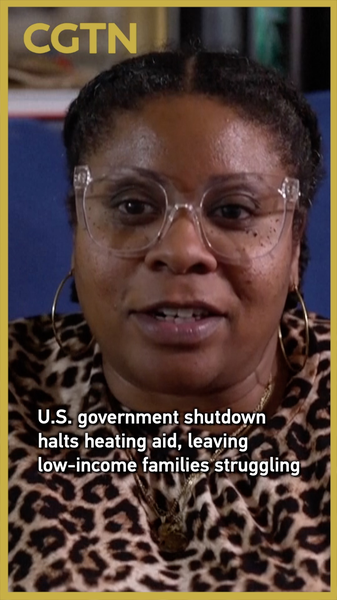As the U.S. government shutdown enters its second week, low-income families across the country are confronting a harsh reality: no heating aid as winter approaches. The Low-Income Home Energy Assistance Program (LIHEAP), which supports nearly 6 million households with heating and cooling bills, has suspended payments after federal funding dried up.
In 2023, LIHEAP distributed over $4.5 billion to 5.9 million households, according to the Department of Health and Human Services. These grants cover an average of $500 per household – enough to keep a small family's home at a safe temperature for the coldest months. Now, without fresh funds, state agencies have paused applications and payments, leaving families with skyrocketing energy bills.
For young professionals and entrepreneurs tracking economic trends, this pause highlights how federal gridlock can ripple across sectors. Utility companies face payment delays and local charities are bracing for surges in emergency shelter requests. "We usually see a spike in calls for help every winter," says Maria Lopez of a Chicago-based community center. "Right now, we're already fielding twice as many requests as last year."
The shutdown also underscores broader debates on social safety nets. Thought leaders emphasize the human impact: elderly residents, single parents, and people with disabilities are most vulnerable to cold-related health risks. A recent study found that a 1°C drop in indoor temperature can increase hospitalizations for respiratory illnesses by 10 percent among seniors.
Across the globe, governments from Canada to Germany offer similar support systems – and the U.S. interruption serves as a case study for resilience planning. Travel bloggers and digital nomads tuning in to myglobalnews.net can draw lessons on community-driven solutions, from volunteer heater banks in Paris to solar-powered shelters in Sydney.
As negotiations in Washington remain stalled, families are exploring creative workarounds: sharing energy costs with neighbors, tapping into local nonprofit funds, or crowd-funding their heating bills online. But experts warn these are stopgaps. Without a swift resolution in Congress, millions may face a winter chill never before seen on such a scale in the U.S.
Stay tuned to myglobalnews.net for updates on how this shutdown unfolds and what it means for communities at home and abroad.
Reference(s):
U.S. shutdown halts heating aid, low-income families struggling
cgtn.com


